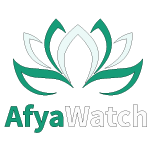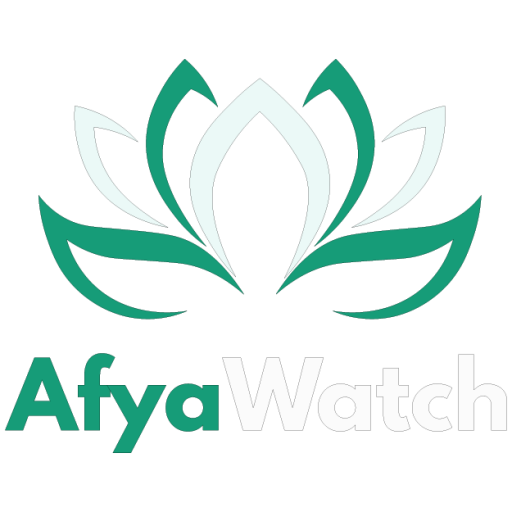The effects of COVID 19 on maternal health were becoming evident. Dr Jemima Kariuki, Obstetrics and Gynaecology registrar at the Kenyatta National Hospital (KNH) was disturbed and wanted to intervene. Going beyond her call of duty, she sent out a tweet asking pregnant women and those who needed emergency care during the curfew period to reach out to her.
This was on the 7th of April 2020, and the ripple effect of that personal initiative saw the birth of “Wheels for Life”. This is a telehealth service that provides ambulance and taxi services to pregnant women in need of emergency care in Nairobi.
The statistics from Kenya Healthcare Federation show that from April 28th to 30th June 2020, 681 mothers had been assisted by doctors with 402 taxi and 121 emergency ambulance trips made through the initiative. This initiative, as an example, paints a worrying picture on the situation of maternal health in the country in the COVID-19 pandemic period.
The World Health Organization (WHO) defines maternal health as the health of women during pregnancy, childbirth and the postnatal period. It is also in the same period that maternal deaths occur.
Conditions that were present before pregnancy may worsen in the course of pregnancy. The majority (80%) of maternal deaths and severe complications can be avoided by women having access to essential maternity and basic health care services during pregnancy, at the time of delivery and after childbirth. Skilled care is essential for prevention, early detection and appropriate management of complications.
Before COVID-19, maternal health in Kenya has been suffering from various setbacks. The main factors that prevent women from receiving or seeking care during pregnancy and childbirth are poverty, the long distance to health facilities, lack of information, inadequate and poor quality services as well as harmful cultural beliefs and practices.
In the Kenya Demographic and Health Survey (KDHS) carried out in 2014, only 58% of pregnant women attended the recommended 4 ANC visits while only 62% of all deliveries were attended to by skilled providers and 61% of them done in health facilities.
In the setting of COVID-19, a reduction in antenatal clinic visits and an accompanying drop in hospital deliveries have been witnessed. This is partly due to the fear of contracting COVID-19 in the health facilities. Mothers are also hesitant to undergo COVID-19 testing because a positive result may mean being quarantined away from the families that depend on them. The restricted movement during the curfew hours has posed a danger to women accessing skilled care during childbirth due to lack of transport to health facilities and the fear of confrontation with law enforcing agencies.
Economic disruptions in this period also translate to poor nutrition to the expectant woman. This puts them at risk of anaemia, hypertension, miscarriages and foetal deaths, preterm births and maternal deaths. The disruptions may also lead to delay or failure to seek care in a hospital in the event of an emergency or the onset of labour.
A reduction in the availability of health care providers has also been witnessed. There have been reports of health-care workers in the maternity departments re-assigned to critical care, which strains the already limited numbers. This compounded with exposure of health care providers to COVID-19 due to shortages of personal protective equipment, may further affect the availability of maternal health services. These occurrences may lead to adverse maternal and neonatal outcomes.
“How long COVID-19 will last is unknown,” Dr Jacqueline Chesang, a lecturer at the University of Nairobi School of Public health opines on the matter. She continues, “The message from WHO is that COVID-19 is here to stay. In Kenya, we are experiencing a steady rise in the number of cases. A balance should, therefore, be maintained between responding to COVID-19 and provision of essential health services. Otherwise, morbidity and mortality from other conditions will increase. To generate demand for services, clear public health messaging is required stressing the importance of skilled care and reassuring the public of their safety while in the health facilities. Besides, health care providers need to be provided with adequate and appropriate PPEs to avert the shortage of personnel. Use of telemedicine is also an option in improving access to care.”
“If adequate measures are not put in place, eventually, more deaths might occur from the effect of COVID-19 rather than the disease itself. As a country, we should be prepared to handle future pandemics without clawing back on gains made.” adds Dr Chesang
Maternal health is a key indicator of how the health system is functioning. It appears to be dim in the setting of COVID-19, but this can be turned around. There is the need to have all hands on board to improve or at least maintain maternal health and in the face of COVID-19.













2 comments
This is timely. Coming in after Pumwani Maternal Hospital fraternity goes into a slowdown courtesy of Covid-19. We are really being chewed by our senses: the air we breathe, the things we touch and maybe the things we eat.
Thank you for writing this.
Good one man ..